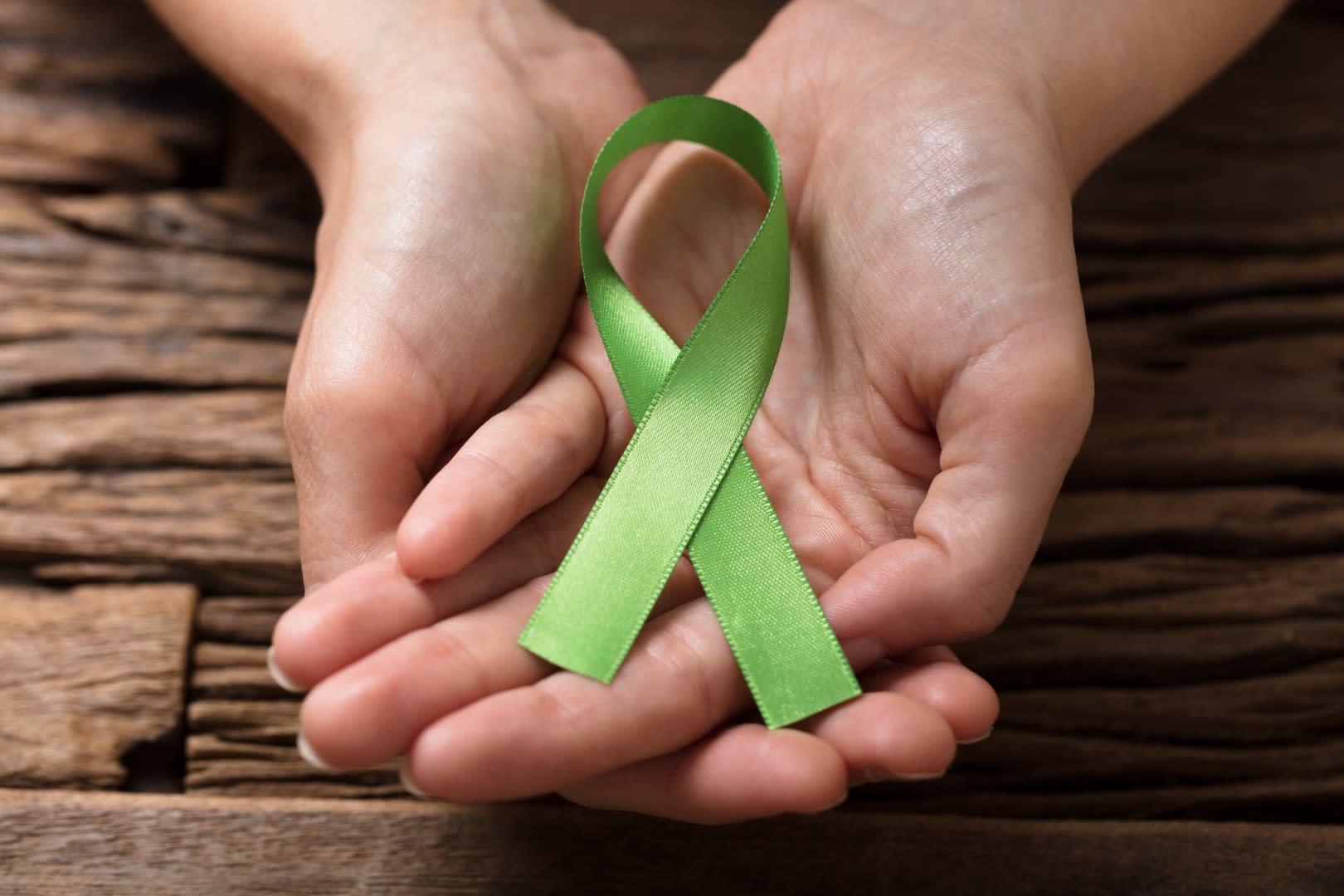With Mental Health Awareness week taking place this month, the urgency to dispel the stigmas associated with mental illness and educate people on how best to support sufferers is as prevalent as ever. Easily accessible information on accepting, understanding and recognising mental health issues is increasingly available via various media platforms, most notably through social media, generally encouraging others to be more supportive and understanding.
With such positive action taken against a once-taboo subject matter, it is important to remain open-minded and to remember all of those affected by mental illnesses, ensuring that this positivity is applied to both psychotic and non-psychotic sufferers.
Mental Health Awareness is something that we simply cannot ignore, with around 1 in 4 of us suffering from mental illness at some point in our lives. In recent years, awareness about non-psychotic mental health issues has increased vastly, you only have to login to Twitter and search #mentalhealth to be provided with an onslaught of helpline contacts, advice, warning signs and supportive messages.
Generally, discourse about mental health seems to be far franker and more frequent than ever before. A great example of this is Daily Telegraph columnist Bryony Gordon’s Sunday Times bestselling autobiography Mad Girl, which details her struggles with depression, anxiety and obsessive compulsive disorder with an unashamedly transparent and honest attitude.
This increasing awareness and subsequent effort to reduce the severity and impact of mental illness can be seen on both a national and local level. Charities like Oxfordshire Mind work towards providing local sufferers with the support and guidance they need, introducing peer support groups, courses, and easily accessible advice to both sufferers and carers. Recently, the charity has also partnered up with the South Oxfordshire and Vale of White Horse district councils to fund and facilitate housing support for vulnerable people suffering from illnesses such as anxiety and depression, with the view to preventing homelessness and bettering their mental and physical wellbeing.
In most cases, it seems as though our society is progressively open, accepting, and understanding, particularly when it comes to non-psychotic illnesses such as anxiety or depression.
However, although mental health awareness is certainly moving in the right direction, it is important that we remember to recognise and support all sufferers, both non-psychotic and psychotic, without prejudice.
Psychosis can mean anything from schizophrenia to dissociative identity disorder, whereby the sufferer’s ‘thoughts and emotions are so impaired that contact is lost with external reality’. According to UK charity Rethink Mental Illness, only around 31% of young people would know where to get help if they, or someone they knew, was displaying signs of psychosis. In fact, a staggering 26% of young people didn’t even know what psychosis was, despite the fact that symptoms are most likely to emerge between the ages of 18 and 24.
Whilst there is a noticeable effort to reduce the stigma attached to non-psychotic mental illness, psychotic mental illness seems to have remained stereotyped and sensationalised by the media, with sufferers of psychosis often being dubbed dangerous or even murderous. For example, the 2016 psychological thriller Split, sees its main character, a distinct sufferer of dissociative identity disorder, gruesomely abduct and murder three school girls.
Depictions such as these are often exaggerated and fail to reflect the true nature of psychosis, when in reality, sufferers can often return to fully functional and fulfilling lives following effective treatment, medication and support. It is vital that friends and family are equipped to support sufferers, and thus more should be done to educate people on the symptoms, causes, and coping mechanisms for psychosis. In doing so, this will encourage others to comprehend and accept psychosis in the same way that non-psychotic illness is generally understood, with the view to reducing stigmatism and bettering the lives of sufferers.
Although Mental Health Awareness has certainly improved in recent years, there is still a glaring need for further education and support to end stigmatism and improve the lives of all sufferers. This Mental Health Awareness Week, I urge you to do whatever you can to understand, respect and support friends and family, no matter their diagnosis.
To learn more about psychosis visit, nhs.uk/conditions/psychosis, or to find out what you can do to promote mental health awareness locally, visit oxfordshiremind.org.uk.










